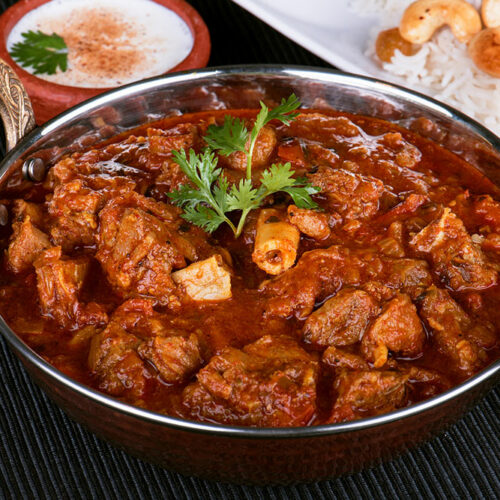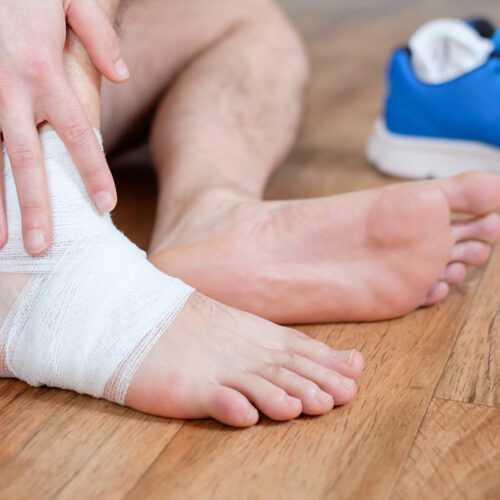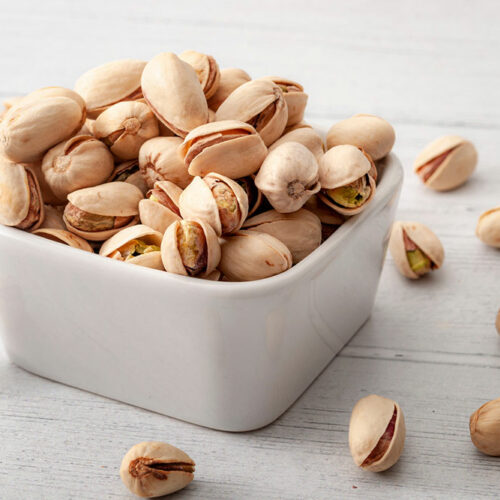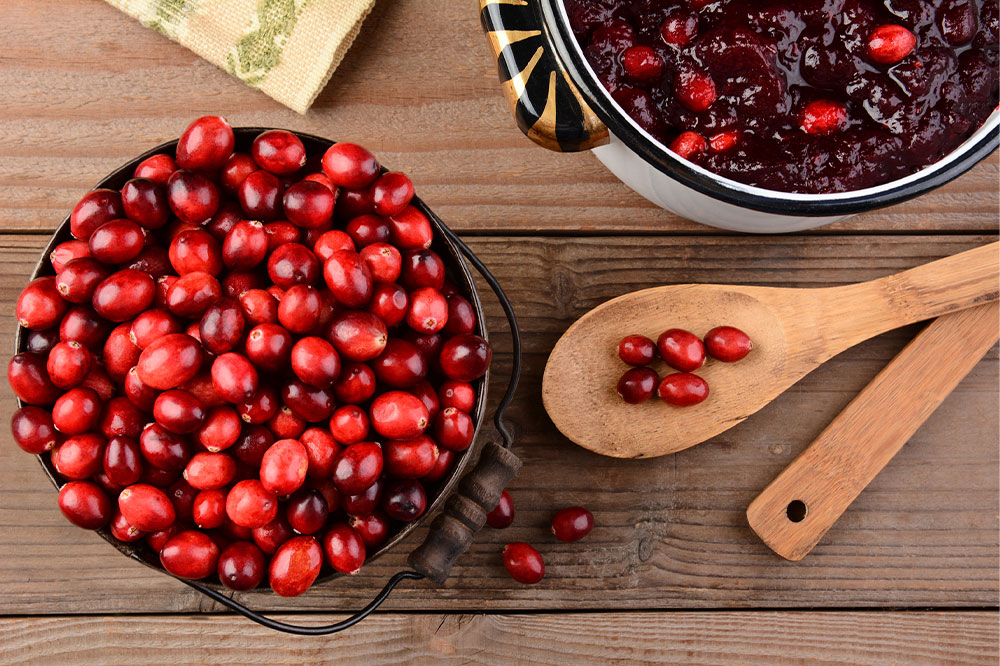5 foods that trigger symptoms of hereditary angioedema

Hereditary Angioedema (HAE) is a rare genetic disorder that affects roughly 1 in 50,000 people worldwide. This condition is characterized by recurrent episodes of swelling anywhere in the body, including the face, throat, feet, genitals, and abdomen. While HAE attacks can be triggered by various factors, including stress and trauma, certain foods have been identified as potential triggers for some individuals with HAE. Knowing the foods that may exacerbate its symptoms is essential to managing the condition. What it is HAE is primarily caused by a genetic mutation that leads to inadequate levels or malfunctioning of the C1 inhibitor protein in the body. This causes fluid retention and leakage outside blood vessels, leading to inflammation, itching, breathing issues, and discomfort. If left untreated, the condition can potentially be life-threatening. Foods to avoid for hereditary angioedema While not all individuals with HAE experience symptom exacerbations due to food triggers, some patients have reported that certain foods increase their susceptibility to attacks. Here are some foods that have been known to worsen HAE: Spicy foods Spices like chili peppers and hot sauces can cause blood vessels to dilate and potentially contribute to swelling in individuals with HAE. The capsaicin found in these foods may trigger the release of a component that may cause swelling and lead to angioedema.






